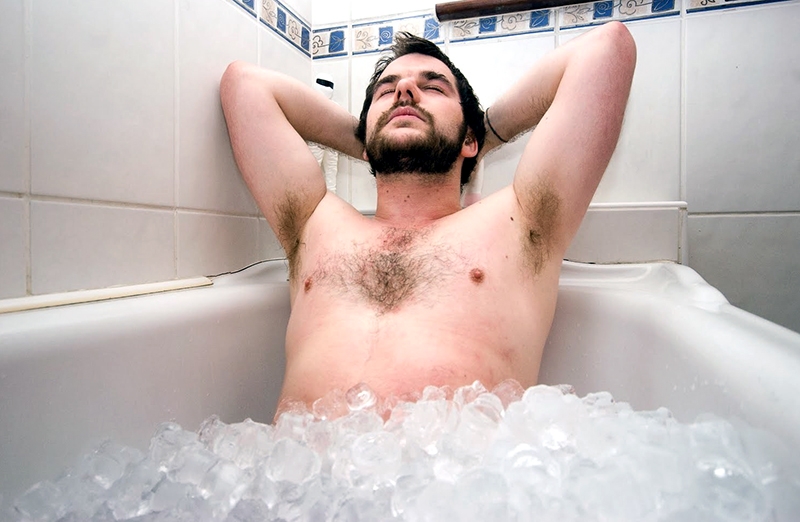
Have you taken an Ice Bath before? if yes, you can share with me your experience and if No, guess you’re wondering how it will feel like and what could be the possible effects and benefits of taking an ice bath.
In this article you’ll be enlightened on some of the advantage and beneficial role taking an ice bath play in our health routine.
About Ice Bath
Cold-water plunges are a type of cryotherapy, which includes utilizing cold water to treat a variety of ailments.
You may have seen elite players take an ice bath after a game. For millennia, people have employed cold water immersion for health and wellness.

Benefits of taking Ice Bath
Jumping into a cold bath may not be tempting to everyone. However, the practice may benefit your physical and mental wellbeing. Ice baths are not as intense as whole-body cryotherapy, which includes short exposure to extremely low temperatures.
Below are list of some essential benefits taking an Ice Bath provide in our daily health routine.
-
Relieves sore muscles
It could be beneficial to use a cold bath to soothe painful muscles. The specific mechanism is unclear to scientists. But less pain could be experienced due to decreased inflammation and delayed nerve transmission. The amount of discomfort or soreness you feel may also be reduced by cold water.
Ice baths may, according to some evidence, help reduce discomfort brought on by long-term diseases. Among them include fibromyalgia, gout, and rheumatoid arthritis. More study is need to determine the long-term effects of ice baths for chronic pain, though.
-
Improves mental health
Ice baths may also be beneficial for your mental health. In a tiny research, it was shown that giving gout sufferers four 20-minute ice baths each week enhanced their quality of life. They were less stressed, anxious, and depressed, and their joints moved more easily.
According to scientists, being in cold water causes the body to go into a stress reaction and stimulate the neurological system. Over time, these adjustments may lift your spirits and assist you in handling stress.
-
Reduces swelling and inflammation
Your blood vessels constrict as a result of the frigid temperature of an ice bath. Your muscles’ blood supply is reduced as a result, which may lessen swelling and inflammation.
Additionally, studies show that cold treatment reduces post-exercise inflammation more effectively than other approaches, such as compression stockings.
-
Aids in exercise recovery
Your blood vessels expand when you exit an ice bath, which improves circulation. Your muscles’ nutrient-rich blood flow could assist in removing metabolic waste that accumulates during exercise. Another justification for the usage of ice baths for post-workout recuperation is that.
-
Promotes relaxation and improve sleep
According to research, soaking in cold water may also help you relax after a strenuous workout. It really makes it easier to fall asleep after being extremely hot, perspiring, and having an ice bath.
-
Weight reduction
Cold temperatures activate the brown fat tissue throughout your body. Brown fat assists your body in producing heat as it burns off white fat. As a result, taking regular ice baths aids in the prevention of extra body weight formation.
Should I take an ice bath everyday?
If you take an ice bath every day, or even a few times a week, you will likely reap many of the benefits that the practice has to offer. Timing is critical for getting the most out of an ice bath.
How to make an ice bath at home
Fill the tub with cold water until it is about halfway full, then add three sizable commercial ice bags to make an ice bath at home.
How long should I take an ice bath
Healthline advises you to soak in the tub for 10-15 minutes when the ice water is ready.
Note: Since some medical issues don’t work well with ice baths, it’s essential to consult your doctor before starting a regular routine of diving in.
Also, if you have diabetes, circulatory issues, peripheral neuropathy, venous stasis, cold agglutinin illness, high blood pressure, or cardiovascular disease, you shouldn’t take an ice bath (via Cleveland Clinic).
Lastly, avoid taking an ice bath until you have recovered if you are currently wounded, such as from a bone fracture, a ruptured tendon or ligament, or any other acute problem.


